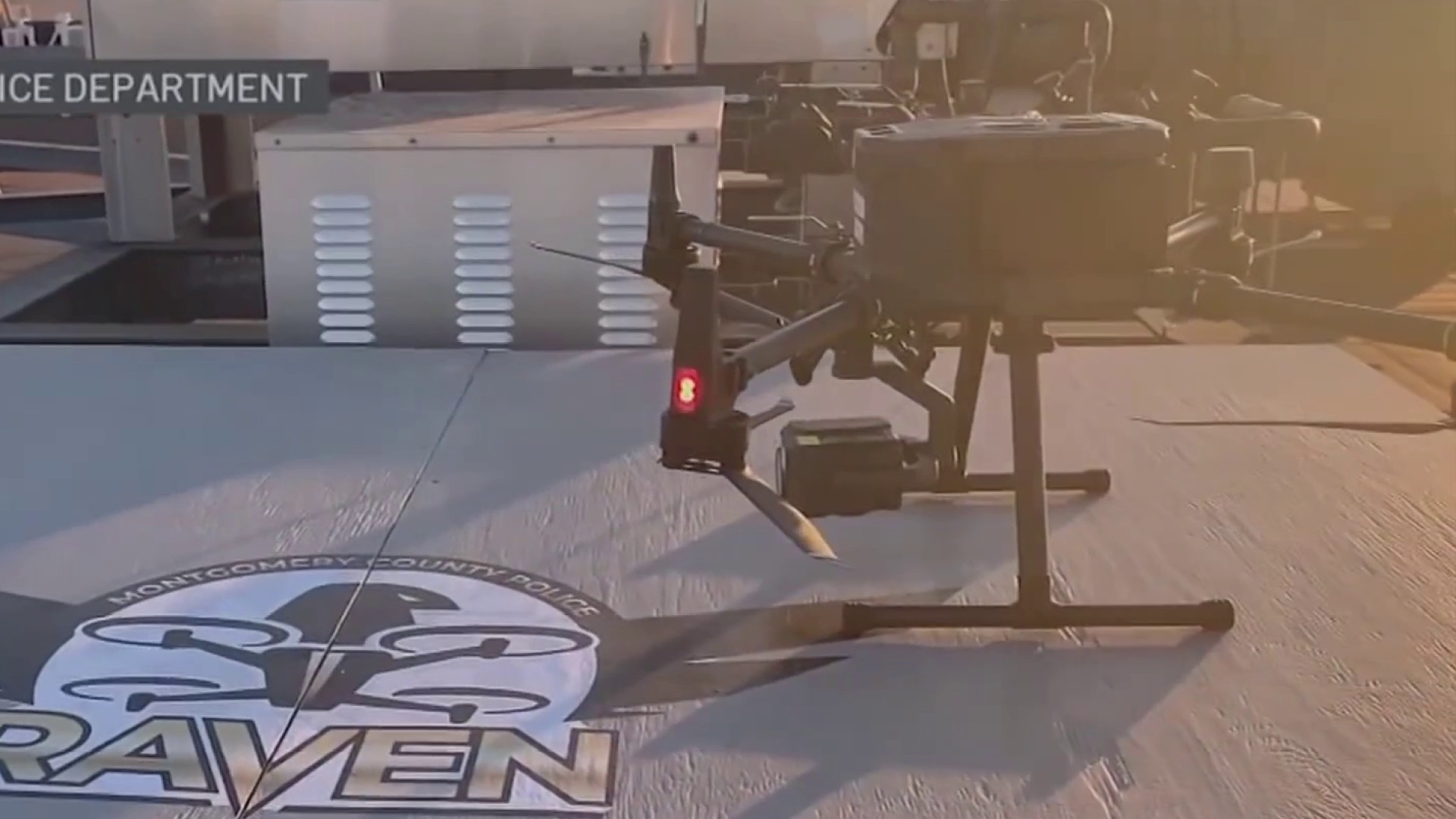It's the season for giving, and you want to help people but you know you can't help everyone. So what do you do when you pass someone who's panhandling and may be homeless?
"I don't give money," said one downtown worker. "If I have leftover food or something like that, I'm OK with that. And they've turned that down."
Homeless advocates say that responding to panhandlers is a personal decision.
"One of the best things you can do is a simple smile, [a] 'Good morning'," said Stephanie Lyons, an outreach specialist with Pathways to Housing. "It can make a world of difference in making them feel valued in the community."
Lyons helps homeless people try to obtain identification or benefits, connecting with those out on the streets every day.
A man named Larry was panhandling recently about a block from the Treasury Department. He said he worked in local hotels and government agencies for years, but now he's without a job and a home.
"I don't want people to think that I'm aggressive," he said. "...But I've got responsibilities too. I've got to eat; [get] bus fare. Washington, D.C. is expensive for housing."
Local
Washington, D.C., Maryland and Virginia local news, events and information
If you don't want to give money or food, but you'd still like to help you can always direct them to services.
The Downtown D.C. Business Improvement District (BID) offers cards containing information about services for the homeless. The cards include maps, phone numbers, and ways to obtain food and shelter.
"Without a doubt, if you're a person coming from a small town or a small city, and you're coming into the big city... and you start seeing [panhandlers], especially when panhandlers start to be aggressive or something along those lines, it can be very off-putting," said Karyn LeBlanc with the Downtown D.C. BID.
"I just hope they don't take advantage of the tourists," said a downtown worker. "I've seen tricks of the trade. Not aggressive, but I just feel sorry that they kind of get pulled into it."
In D.C., there are rules of the road regarding panhandling. Aggressive panhandling is against the law. While general panhandling is allowed, it becomes illegal if it's within 10 feet of an ATM, Metro station or bus shelter.
Experts say giving cash can encourage some panhandlers to return to the same place, and that donating to nonprofits can be a better way to help achieve the long-term goal of housing.
"You just really don't know where the money is going to," said LeBlanc. "If you can guarantee somebody this money is going to come help give this person a job or put them in a home, I think you'd find a lot of people that would give money. But you just don't know. So the better course is not to, and to use the organizations that can help them… [find] a self-sustaining lifestyle."
As for Larry, he said he doesn't take offense if someone walks by without giving him money.
"I mean, I don't want to be aggressive about it. I just wait for the next one," he said.
Jurisdictions vary on panhandling, although aggressive panhandling is not allowed anywhere.
Read on to learn what some D.C.-area counties do about it:
- In Montgomery County, panhandling is legal but discouraged.
- Prince George's County doesn't allow it on roads at intersections and in traffic.
- In Arlington, panhandling is legal. Panhandlers may be near Metro stations and ATMS; however, they put themselves or anyone else in danger. Panhandlers may not step into the roads or interfere with the flow of traffic to retrieve money. If so, police will get involved.
- In Loudoun County, panhandling is illegal, but if caught, panhandlers are simply asked to move along. There is no fine for a first-time offense.
- In Fairfax County, panhandling is illegal. If they don't have a solicitor's license, panhandlers face a Class 4 misdemeanor, which results in a $50 fine.
- In Prince William County, panhandling is illegal.
Camille Moore contributed to this report.



